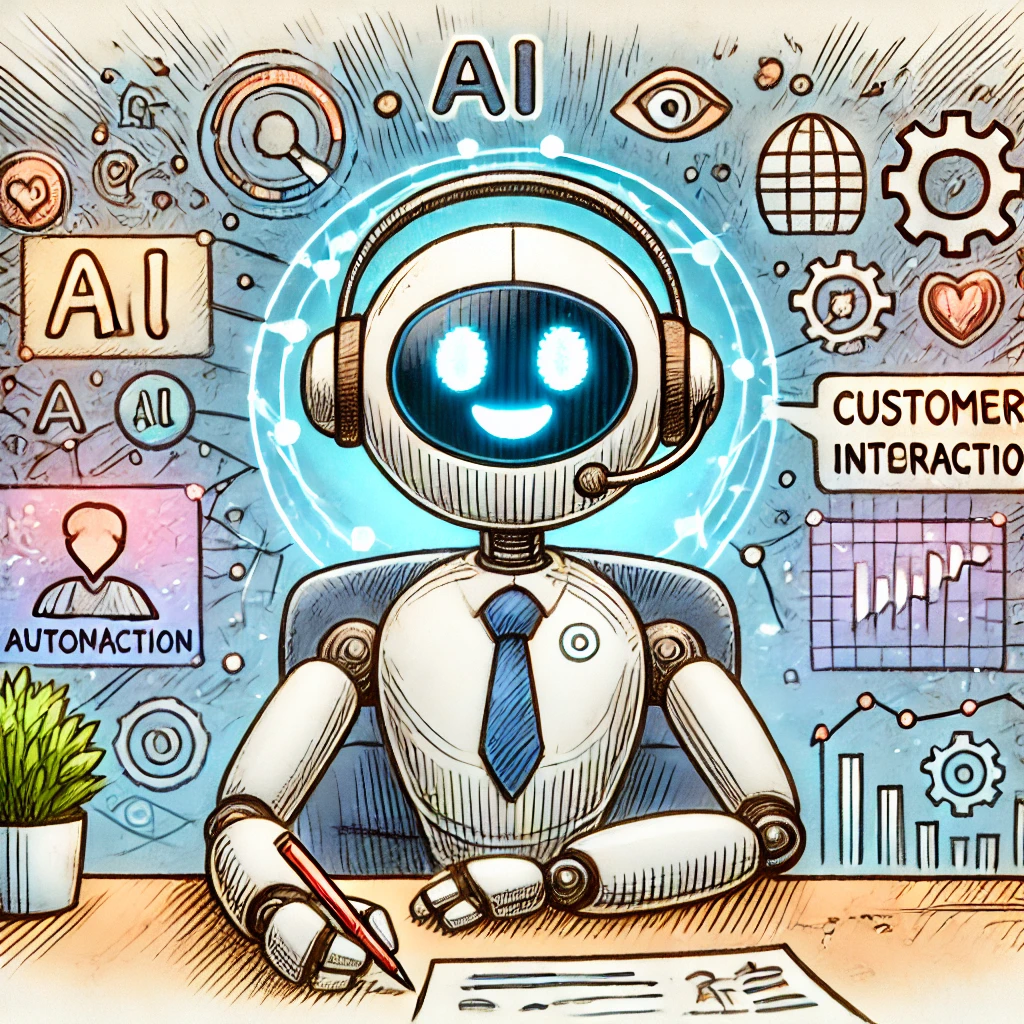Artificial Intelligence (AI) agents have become pivotal in transforming the way we interact with technology. From personal assistants to autonomous decision-makers, AI agents are reshaping industries, solving complex problems, and enhancing user experiences. This article delves into what AI agents are, their capabilities, and what the future holds for them.
What Are AI Agents?
An AI agent is a software entity designed to perceive its environment, process information, and perform tasks autonomously or semi-autonomously to achieve specific goals. These agents use algorithms, machine learning, and natural language processing to interpret data and make decisions. They are typically categorized based on their complexity and capabilities, such as:
- Reactive Agents: These agents respond to specific stimuli without maintaining internal states. For example, a chatbot that answers predefined queries.
- Proactive Agents: These agents not only react but also anticipate user needs based on contextual data and prior interactions.
- Cognitive Agents: Leveraging advanced AI, cognitive agents understand, learn, and reason. They mimic human-like decision-making processes, making them suitable for complex tasks like negotiation or strategic planning.
What Can AI Agents Do?
AI agents have diverse applications across industries and domains. Here are some of their key capabilities:
- Automation: AI agents excel at automating repetitive tasks, such as scheduling meetings, managing inventory, or sorting emails, freeing up human resources for more strategic work.
- Customer Interaction: Virtual assistants like Alexa, Siri, and Google Assistant interact with users via voice or text, providing information, entertainment, and even managing smart home devices.
- Data Analysis: AI agents can process vast amounts of data to extract actionable insights. They are used in finance for fraud detection, in healthcare for diagnosing diseases, and in marketing for trend analysis.
- Personalization: These agents tailor user experiences based on preferences and behaviors, as seen in recommendation systems for e-commerce platforms or streaming services.
- Autonomous Operations: In robotics and transportation, AI agents control autonomous vehicles, drones, and industrial robots, optimizing processes and enhancing safety.
- Decision Support: In corporate environments, AI agents assist in strategic decision-making by evaluating scenarios, predicting outcomes, and recommending courses of action.
The Future of AI Agents
The evolution of AI agents is poised to revolutionize the way we live and work. Here are some predictions for their future use:
- Hyper-Personalized Assistants: AI agents will become deeply integrated into our daily lives, acting as virtual personas that understand our habits, preferences, and goals. These assistants could proactively manage schedules, finances, and even health.
- Enhanced Collaboration: As AI agents improve in understanding natural language and contextual nuances, they will become integral collaborators in workplaces, facilitating human-AI teamwork in creative and analytical tasks.
- Ethical Decision-Making: Future AI agents will incorporate ethical frameworks to ensure fairness and accountability in sectors like law, healthcare, and governance.
- Global Accessibility: AI agents will bridge digital divides by providing language translation, educational resources, and remote healthcare to underserved communities worldwide.
- Autonomous Ecosystems: Smart cities of the future will deploy AI agents to manage energy, traffic, waste, and emergency responses autonomously, improving efficiency and sustainability.
- Evolving Industries: AI agents will disrupt industries by enabling fully automated supply chains, personalized education platforms, and adaptive entertainment systems.
Challenges Ahead
While the potential of AI agents is immense, several challenges need addressing:
- Ethical Concerns: Ensuring AI agents operate transparently and without bias is crucial.
- Security Risks: Protecting AI systems from malicious attacks and unauthorized access remains a top priority.
- Economic Impacts: Balancing automation with employment opportunities will require careful planning and policy-making.
Conclusion
AI agents are more than just tools; they are becoming partners in innovation and productivity. Their ability to learn, adapt, and evolve positions them as a cornerstone of the technological future. As we harness their potential responsibly, AI agents will unlock new possibilities, drive efficiency, and create a world where technology seamlessly enhances human capabilities.
